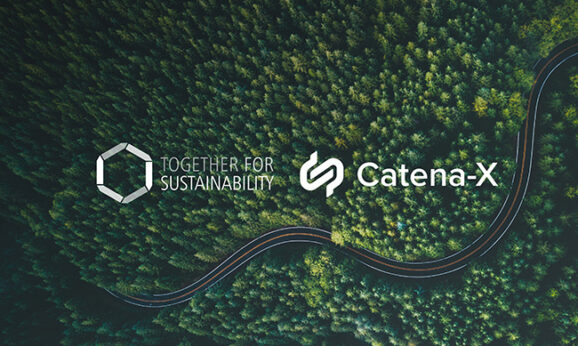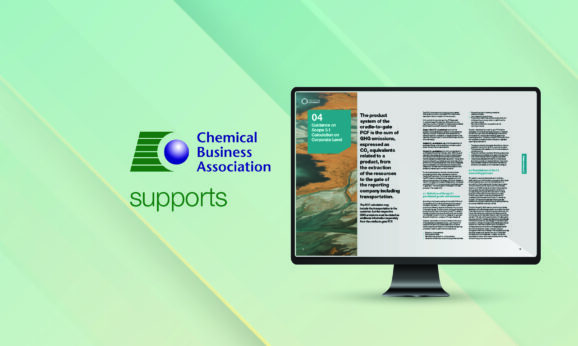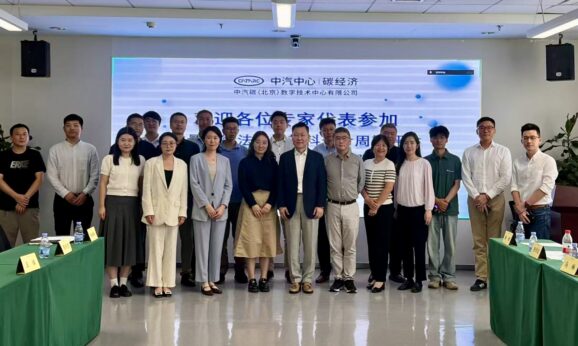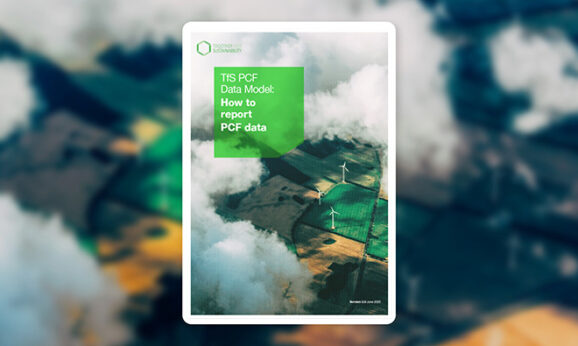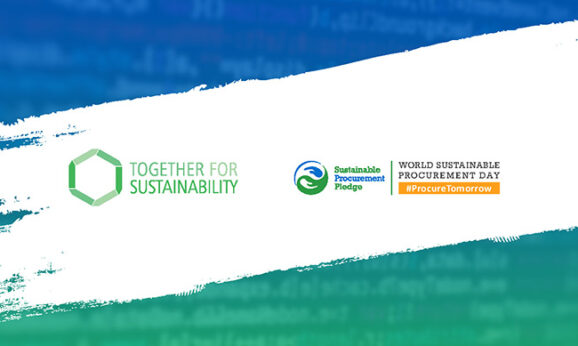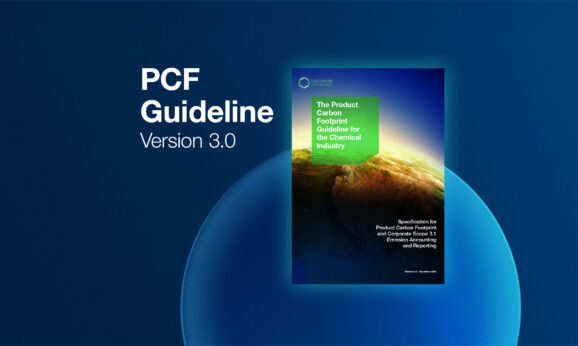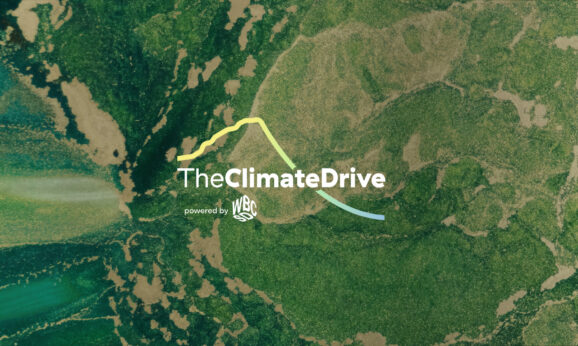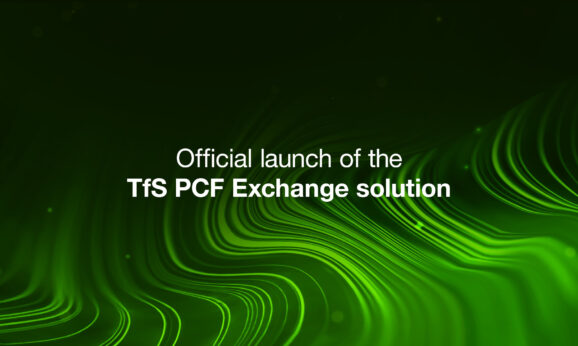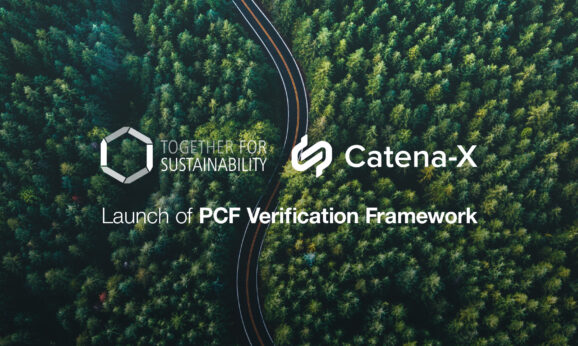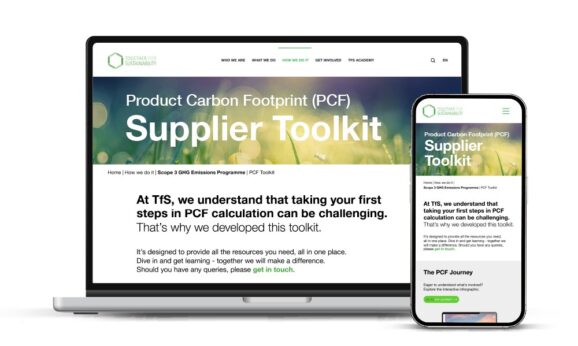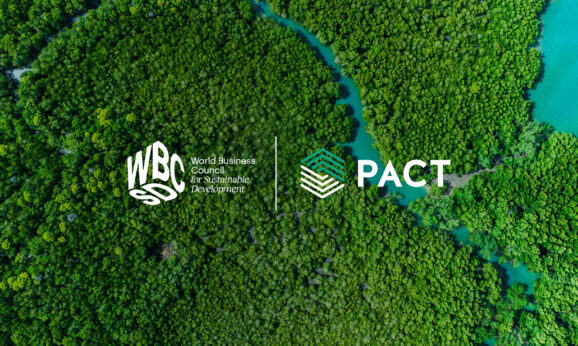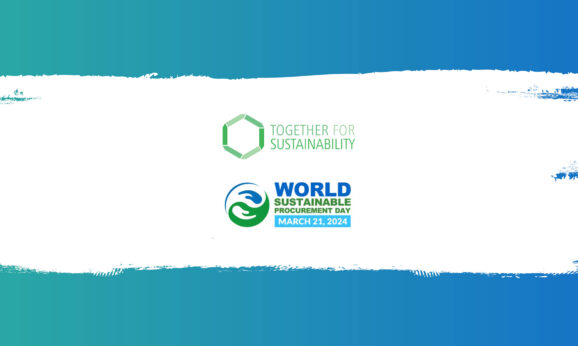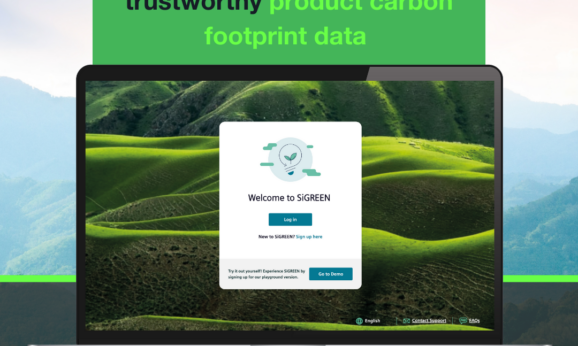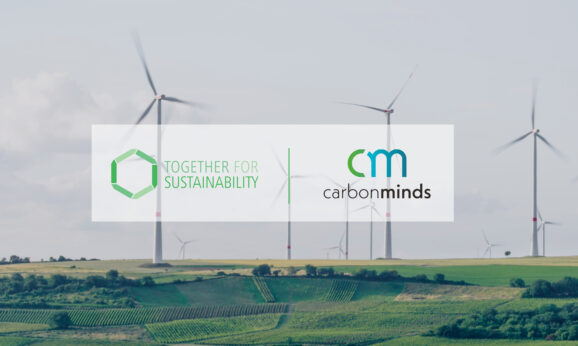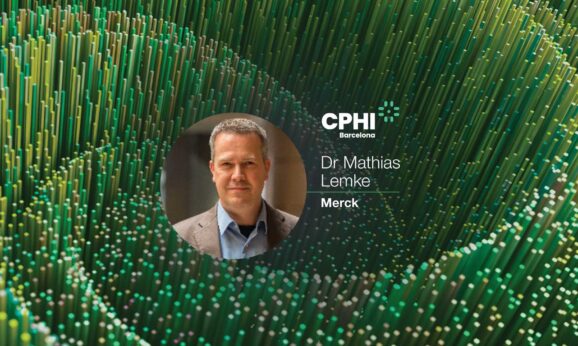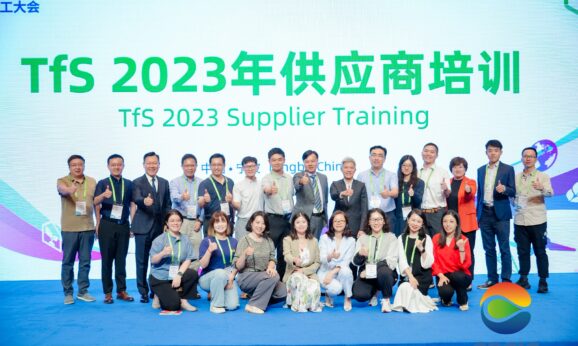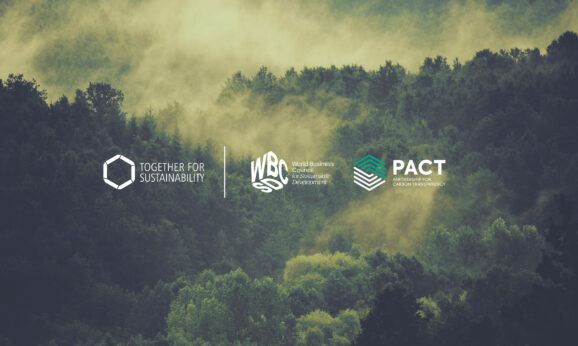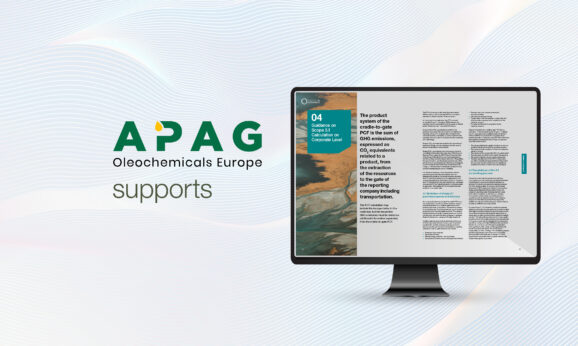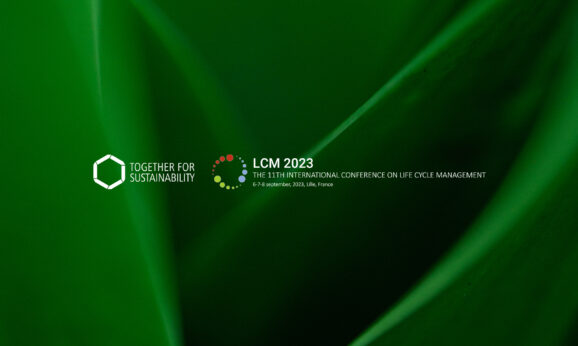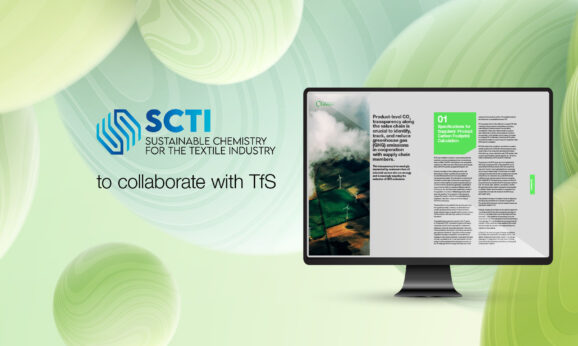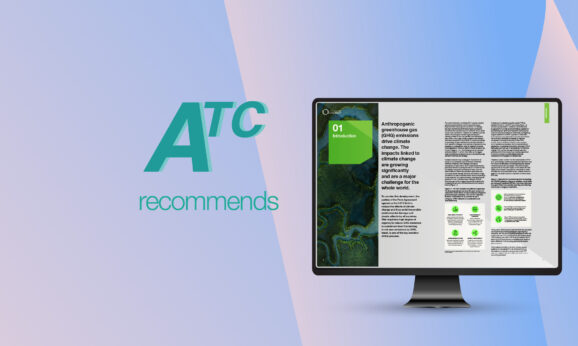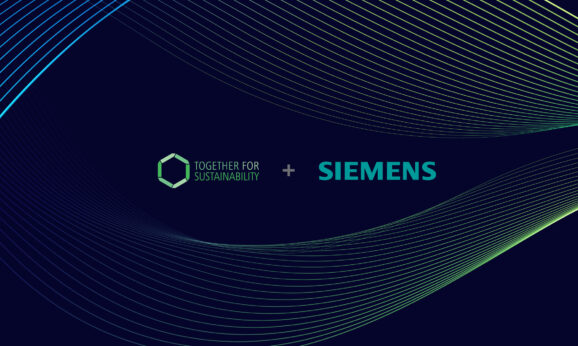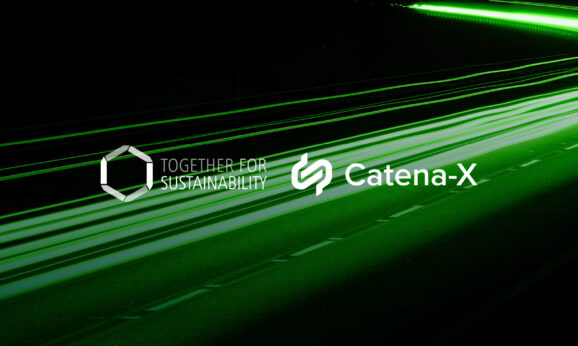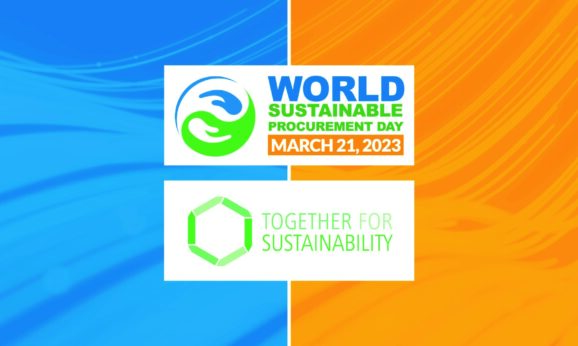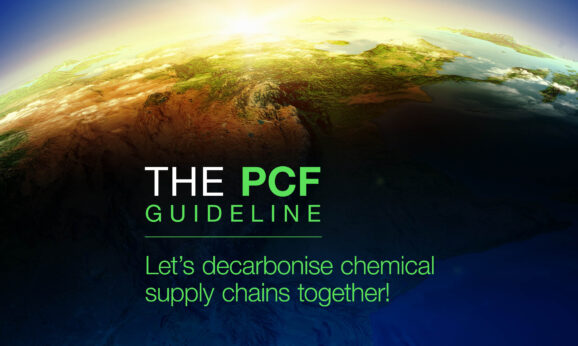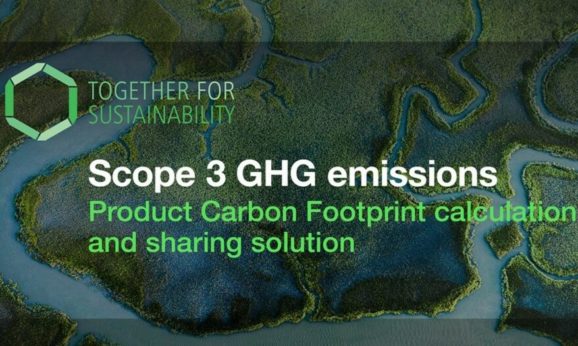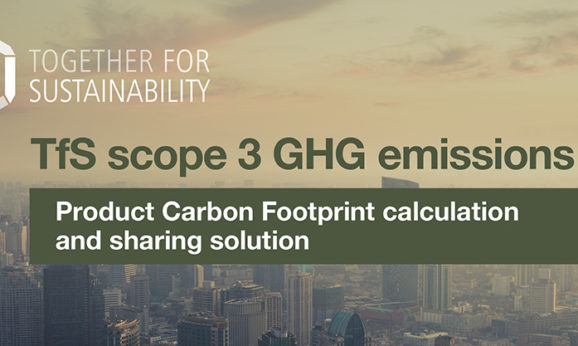Driving decarbonisation through data sharing
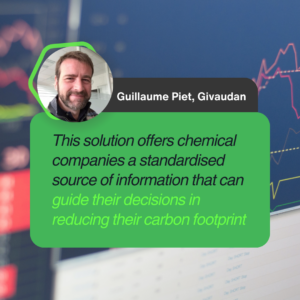
Guillaume Piet of Givaudan and Co-Chair of the Scope 3 GHG emissions programme of the global chemical sector initiative Together for Sustainability (TfS), explains how large-scale data exchange will help to improve decarbonisation in the chemical sector.
In September, the UN’s global stocktake on climate progress sent a resounding message that the world is not moving fast enough in tackling climate change. It’s likely to lead governments at the upcoming COP28 climate summit to agree to more ambitious and detailed targets for 2030 and 2050.
If we are to limit global warming to a critical 1.5 degrees then it will require a concerted effort from multiple industries, with the chemical sector playing a pivotal role among them.
The chemical industry is a significant contributor to greenhouse gas (GHG) emissions, making it imperative for the sector to take robust steps towards decarbonisation. One such innovative approach is the Product Carbon Footprint (PCF) data-sharing solution, introduced by the TfS initiative using Siemens SiGreen technology. The solution not only aims to enhance transparency within the chemical sector but also to facilitate large-scale PCF data exchange, a step forward that can significantly contribute to decarbonisation goals.
The PCF data-sharing revolution
Building on the success of the PCF Guideline launch in 2022, TfS is encouraging further adoption of the PCF Guideline’s methodology to extend its positive impact across the sector.
A cornerstone of this initiative is the pilot programme for a PCF data-sharing solution that utilises Siemens SiGreen technology – an open network that enables the reliable tracking of a product carbon footprint across the supply chain.
The primary objective of the pilot is to empower TfS members and their suppliers to share upstream product carbon footprint data. The anticipated completion of this pilot is early 2024, and TfS envisions it as a crucial step towards bringing all members and their suppliers onto the platform.
The crux of this approach lies in the combination of the PCF Guideline as the method for calculating the PCF and the IT solution for sharing this information at scale. This combination equips TfS members with the tools necessary to reach their GHG reduction goals and make a meaningful contribution towards the Paris Agreement’s objectives.
Practical implications of data sharing
The new PCF data-sharing solution will revolutionise how chemical companies interact with their suppliers and data. It enables chemical companies to request detailed information from suppliers about the materials they purchase, particularly data related to the product carbon footprint using the PCF Guideline. This information, when combined with a company’s own data regarding its value creation processes, offers a comprehensive view of the carbon footprint.
This understanding in turn empowers companies to take targeted reduction measures with quantifiable results.
The PCF data-sharing solution addresses three pivotal challenges in the chemical industry:
- Scale
In the past, many companies and suppliers have struggled with requesting and sharing product information individually. This process is both time-consuming and prone to errors. However, with the SiGreen solution, a chemical manufacturer can efficiently send requests for different materials to various vendors, streamlining the process significantly. On the supplier side, this solution allows them to share product information with multiple customers through a single platform, enhancing efficiency.
- Comparability
Comparing information about a product’s carbon footprint is essential for companies looking to reduce it. Without standardised and accessible data, identifying opportunities for reduction is challenging. The PCF data-sharing solution empowers companies to utilise the PCF Guideline and share product-level emissions in a centralised platform, ensuring consistency and ease of comparison.
- Connection
The IT solution provided in this initiative offers a secure and trusted environment for all partners to share their PCF data. TfS’ standardised PCF Guideline ensures that the information in the platform remains unaltered and reliable. Moreover, this digital solution can be seamlessly integrated into a company’s existing data systems, enhancing the accessibility and usability of the shared data.
A new era of transparency
To conclude, the TfS PCF data-sharing solution represents a significant leap towards streamlining the exchange of PCF data in the chemical industry. It offers chemical companies a standardised, efficient and comparable source of information that can guide their decisions in reducing their carbon footprint.
Both TfS and Siemens believe that this solution will usher in a new era of transparency within the chemical sector. Facilitating large-scale exchange of PCF data will play a vital role in driving the decarbonisation of the industry. The chemical sector is crucial in the fight against climate change, and the PCF data-sharing solution is a promising tool to help build a sustainable, low-carbon future.
As we approach COP28, this innovation demonstrates the industry’s commitment to making a meaningful impact on global decarbonisation efforts. Together, with collaborative initiatives like these, we can create a more sustainable future for all.Top of Form
https://www.tfs-initiative.com/how-we-do-it/scope-3-ghg-emissions






